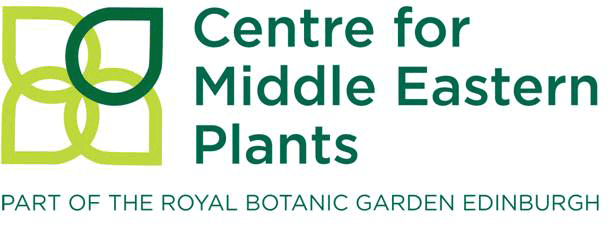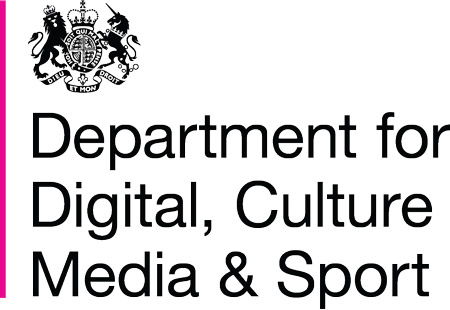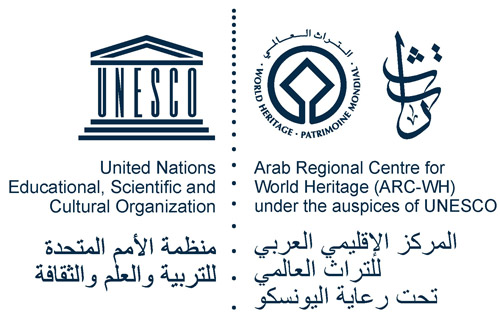Language
The people of Soqotra speak their own Semitic language, Soqotri. It belongs to an early pre-literate language group spoken only in Southern Arabia, known as the Modern South Arabian (MSA) languages which includes Mehri, Hobyot, Harsusi, Bathari and Jibbali.
Soqotri is not a uniform language, and has a variety of local dialects that are found in different areas of the island: the main dialects are in the eastern, western, and central Haggeher mountain areas. This variety adds to the richness of this unique language.
The islands inhabitants pastoral way of life is strongly reflected in the vocabulary describing their relationship with natural resources. Some examples of this include descriptions of different types of cloud and rain, the state of growth of different types of plants that are browsed and grazed by animals, the different stages of growth of livestock, and the different steps in the production and processing of milk. As more and more people abandon this pastoral way of life – which was more widespread until quite recently – these features of the unwritten language are used and passed down less and less.
With a limited number of speakers, Soqotri is under direct threat from the spread of Arabic. Generally, Arabic is the language of education, government, the workplace and public life, whereas Soqotri is spoken at home amongst family and friends. With more and more people on Soqotra living in the large towns and northern coastal settlements, where increasing development and exposure to the media is most prevalent, Soqotri is spoken less and less in its traditional strongholds of the interior. As this is exacerbated by the fact that Soqotri has no written form, it is highly likely that the Soqotri language will disappear unless immediate action is taken.
Soqotri Poetry
The Soqotri people have a very rich and ancient poetic tradition that is a treasure trove of the Soqotri language and cultural traditions. Poets can be found throughout the island, and in virtually every village one may find women and men composing a variety of poems about life on the island. Poets are often invited to weddings and other social events to perform.
In recent years there have been attempts to organise an annual poetry competition that would help to keep the Soqotri language alive by supporting this poetic tradition and increasing awareness about the Soqotri language among the islands inhabitants. The rules of the competition are simple: the poems must be purely in Soqotri (any Arabic or words from other languages will result in disqualification), they must be original, and previous winners are not allowed to compete. Aspiring poets wishing to compete are required to perform their poems in front of a judge’s panel, made up of previous winners, who will judge its originality and ensure no Arabic words are used.
This allows talented poets to compete for poet of the year, a highly prestigious title that is held for life as winners cannot compete in subsequent events.
Language conservation
Soqotri is a pre-literate language and as yet has no written form, and the rich and descriptive vocabulary and terminology handed down from generation to generation is an oral tradition. As such, education and day-to-day public life on Soqotra is conducted in Arabic. However, the concept that a written form of Soqotri would protect it from extinction is over simplistic, and the process would require a full programme of language conservation discussions before any plans could be made, approved, implemented and monitored. In fact, two related but distinct attempts have been made to provide a script to allow transcription of Soqotri into written form, based upon modified Arabic scripts. These scripts differ only in that developed by Morris (unpublished) requires fewer additional characters than that used by Naumkin and co-authors who have published their Corpus of Soqotri Oral Literature (2 volumes) with Soqotri transliteration and translation into both English and Arabic. However, as yet no attempt has been made to discuss the acceptance or application of these scripts with Soqotri or Yemeni authorities or communities, and how to incorporate the complexity and dialects of the language into an acceptable written form, and as such the language remains in the same state of potential extinction.
Further Reading
Morris M (2002) Soqotra Archipelago: Manual of Traditional Landuse Practices. Unpublished Report.
Naumkin V (1993) Island of the Phoenix. Ithaca Press.
Naumkin V, Kogan L, Cherkashin D, Bulakh M & Vizirova E (2014) Corpus of Soqotri Oral Literature vol. 1. Studies in Semitic Languages and Linguistics 76. Brill.
Naumkin V & Kogan L (2018) Corpus of Soqotri Oral Literature vol. 2. Studies in Semitic Languages and Linguistics 95. Brill.








